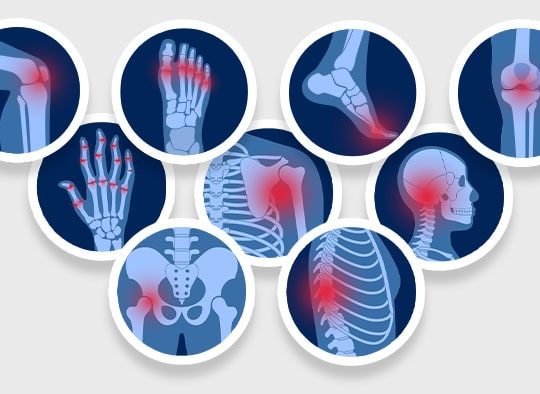As someone who has struggled with food allergies and intolerances for most of my life, I understand how overwhelming and frustrating it can be. It feels like a never-ending battle to find foods that won’t leave you feeling sick or miserable. But let me assure you, you’re not alone in this journey.

Food allergies and intolerances are more common than you may think. According to the American Academy of Allergy, Asthma, and Immunology, up to 8% of children and 2% of adults in the United States have a diagnosed food allergy. Additionally, many individuals have undiagnosed food intolerances, making the actual prevalence even higher.
I was first diagnosed with a wheat allergy in my early twenties. It was a shock to me because I had never experienced any symptoms before. Suddenly, eating a bagel or indulging in a pasta dish was no longer an option. I had to completely overhaul my diet and find alternatives to my favorite foods.
One of the most important things I learned during this process was the difference between food allergies and intolerances. A food allergy is an immune system response to a specific food, triggering symptoms that can range from mild to severe. On the other hand, a food intolerance does not involve the immune system but rather the body’s inability to digest or process a particular food or food component.
For me, having a food allergy meant that even the smallest trace amount of wheat could lead to a reaction. I had to become hyper-vigilant about reading ingredient labels and asking questions at restaurants. Cross-contamination became a constant concern, and eating out at new places always came with a certain level of anxiety.
But I also realized that having a food allergy forced me to become more mindful of what I put into my body. I started experimenting with new ingredients and recipes, discovering a whole world of delicious, allergy-friendly options. It wasn’t always easy, but it was empowering to take control of my health and learn how to nourish myself properly.
If you suspect you have a food allergy or intolerance, it’s important to seek a proper diagnosis from a healthcare professional. They can help determine the specific foods or food components that are causing your symptoms and guide you towards an appropriate management plan. This may involve eliminating certain foods from your diet or using medications to alleviate symptoms.
In the case of food allergies, it’s also crucial to be prepared for emergencies. Always carry an epinephrine auto-injector (such as an EpiPen) if you have been prescribed one by your doctor. It can be a lifesaver in the event of a severe allergic reaction. Educate those around you about your allergies and intolerances, so they can support you and know how to respond in case of an emergency.
Living with food allergies and intolerances can sometimes feel isolating, but remember that there is a vast community of individuals facing similar challenges. Connect with others through online forums, support groups, or social media platforms. It can be immensely helpful to share experiences, exchange advice, and find solace in the company of others who understand what you’re going through.
Additionally, do not hesitate to reach out to friends, family, and loved ones for support. It can be difficult for them to fully understand your daily struggles, but educating them about your condition and needs can go a long way in fostering empathy and creating a supportive environment.
When it comes to grocery shopping and meal planning, it’s helpful to develop a routine that works for you. Make a list of safe foods and brands that you trust. As you become more familiar with your allergies and intolerances, you will learn which ingredients to avoid and which alternatives are suitable for your needs.
Be prepared to spend some extra time checking labels and doing research. Unfortunately, allergen labeling regulations can vary from country to country, making it essential to be diligent and read ingredient lists carefully. Apps and websites that provide information on allergens and food recalls can be valuable tools in navigating the grocery store aisles.
Cooking at home becomes key to managing food allergies and intolerances successfully. By preparing your own meals, you have complete control over the ingredients and cooking methods used. Invest in allergy-friendly cookbooks, explore food blogs, and experiment in the kitchen. You might discover new ingredients and flavors that you never knew existed.
It’s important to approach your dietary restrictions with a positive mindset. Instead of focusing on what you can’t eat, shift your focus to the abundance of foods that you can enjoy. There are countless fruits, vegetables, grains, proteins, and spices waiting to be explored. Embrace this as an opportunity to broaden your culinary horizons and develop a newfound appreciation for food.
Lastly, don’t be too hard on yourself. It’s okay to have slip-ups or moments of frustration. Managing food allergies and intolerances can be challenging, and it’s a learning process that takes time and patience. Remember to practice self-care, seek support when needed, and celebrate the small victories along the way.
Navigating food allergies and intolerances may seem overwhelming at first, but with the right information, support, and mindset, it can become a manageable part of your life. Empower yourself with knowledge, embrace the journey, and discover the joy of eating in a way that nourishes and supports your health.











